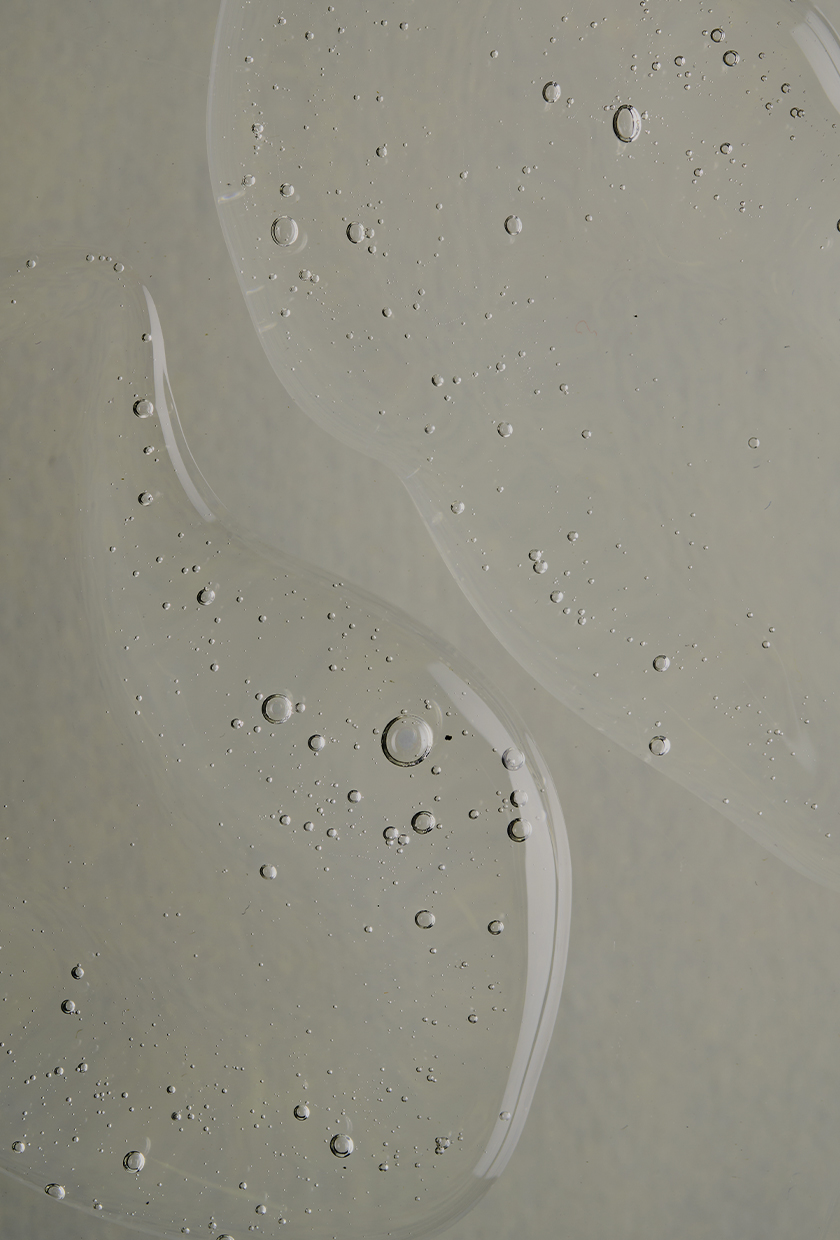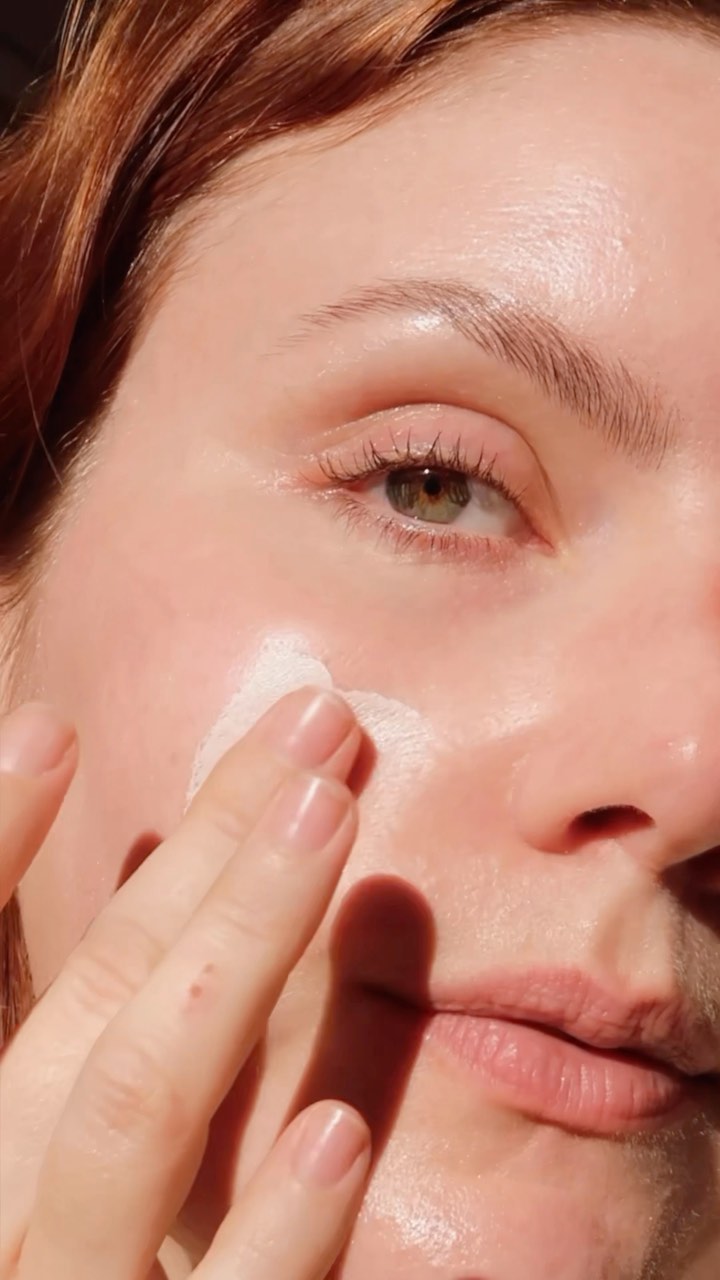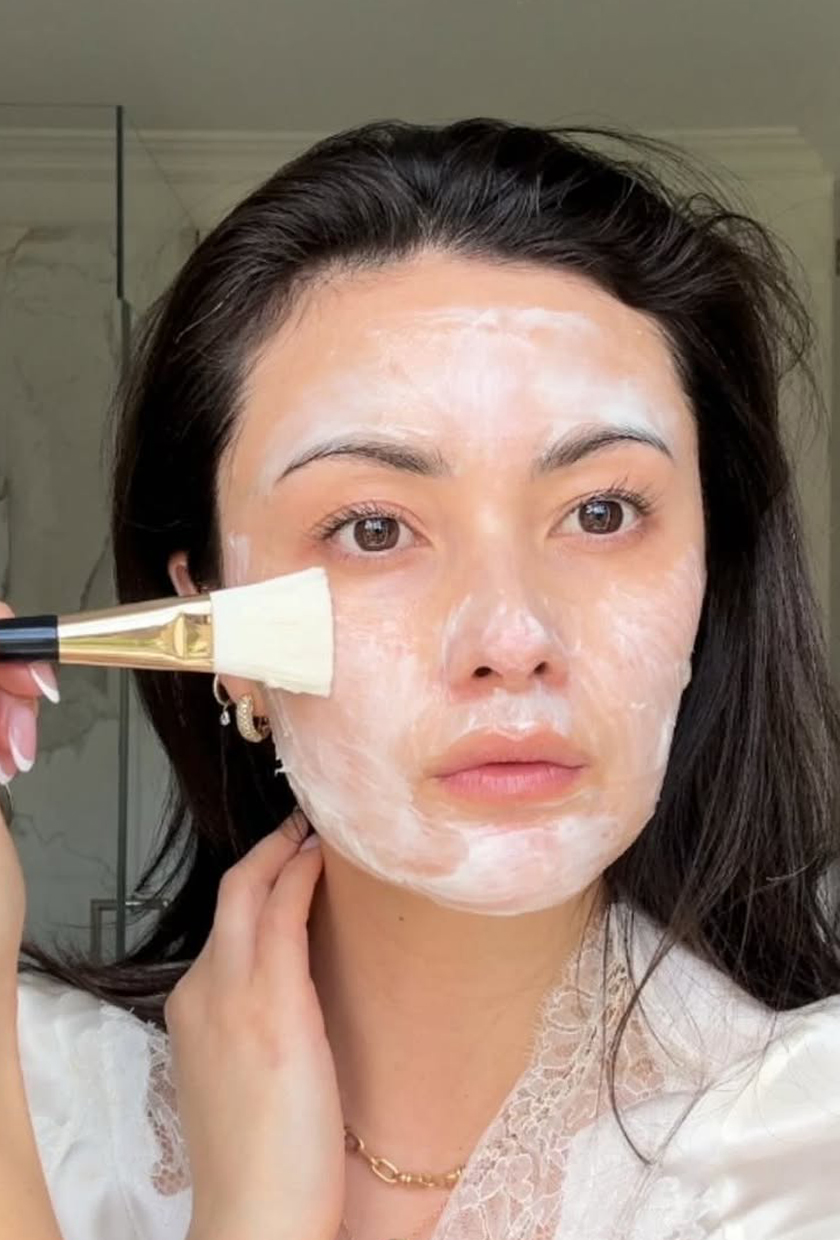Are Exosomes Really the Next Big Thing In Skincare? A Dermatologist Weighs In

If you keep tabs on the latest beauty buzzwords, chances are you’ve heard whispers about exosomes. The ingredient has steadily been making its way from medical journals into skincare marketing, and lately it seems to be everywhere, from high-tech facials to luxury serums. But what exactly are exosomes? And do you need them in your skincare routine? In the simplest sense, exosomes are tiny, naturally occurring messengers that play a key role in how our cells communicate and repair themselves. In the skincare world, that translates into a potential game-changer for rejuvenation, healing and glow.
Sound too good to be true? Well, here’s the catch—while exosomes are undeniably trending, the science is still evolving. Research into how they work, what they can do, and how best to deliver them safely is very much ongoing. Currently, the most compelling results are achieved through in-clinic treatments, where exosomes are applied after procedures such as microneedling or laser treatments to accelerate recovery and enhance results. But, naturally, skincare brands have taken notice, and a wave of at-home products infused with exosomes has started to hit the market, promising some of the same benefits—think improved skin texture, radiance and repair. The difference? These exosomes are typically lab-grown or plant-derived, whereas those used in professional treatments are usually derived from actual human stem cells. This means you should expect more gradual changes, not overnight transformations.
To cut through the hype, I spoke with dermatologist Sonia Khorana, who shared her expert perspective on how exosomes really work, what's really worth investing in and where the research is headed. Here's what experts think you need to know about the ingredient that’s shaping up to be one of 2025's biggest beauty talking points.
What Are Exosomes? 
"Exosomes are tiny, naturally occurring messengers that our cells release to communicate with one another," says Khorana. "They carry signals such as proteins, lipids and genetic material, which can influence how surrounding cells behave." Essentially, think of exosomes as a courier service carrying a cargo of bioactive proteins, growth factors and nucleic acids that signal to skin cells to renew and repair.
How Do Exosomes Benefit Skin? 
"Exosomes act like little messengers that help skin cells ‘talk’ to each other," explains Khorana. "They can encourage repair, calm down inflammation and stimulate collagen and elastin, which are key for smoother, firmer skin. In short, they support the skin’s natural healing and regeneration processes." By doing this, exosomes have the ability to reduce wound healing times, noticeably reduce the appearance of age-related pigmentation, increase firmness in skin, reduce fine lines and wrinkles, hydrate and nourish the skin and promote the production of collagen and elastin.
How Are Exosomes Used in Professional Treatments? 
According to Khorana, in aesthetics, exosomes are being explored for their potential to support skin repair, reduce inflammation and stimulate collagen production. "The idea is that by delivering these cellular messages, exosomes may help the skin recover more efficiently and appear healthier," she explains. "They are usually applied to the skin after treatments that create tiny micro-channels, like microneedling, lasers or radiofrequency. This allows them to penetrate more effectively and boost healing, reduce redness and enhance collagen stimulation. They’re not a standalone cure, but rather an add-on that can speed recovery and optimise results."
Are Lab-Grown or Plant-Derived Exosomes Still Effective? 
"While they don’t carry the exact same growth factors and signals as animal-derived exosomes, lab-grown or plant-derived exosomes can mimic some of their regenerative properties," says Khorana. "Many of these formulas are designed to deliver antioxidants, peptides and anti-inflammatory signals that support repair and collagen production. The science is still emerging, but they are considered safer and more widely acceptable from a regulatory and ethical standpoint."
"The main challenges with human- or animal-derived exosomes are safety, consistency and regulation," she adds. "Because they come from biological sources, there’s a theoretical risk of transmitting infections, and the exact content of each batch can vary. There are also significant regulatory and ethical issues around sourcing and using them in treatments, which is why lab-engineered or plant-derived alternatives are often used."
whowhatwear





